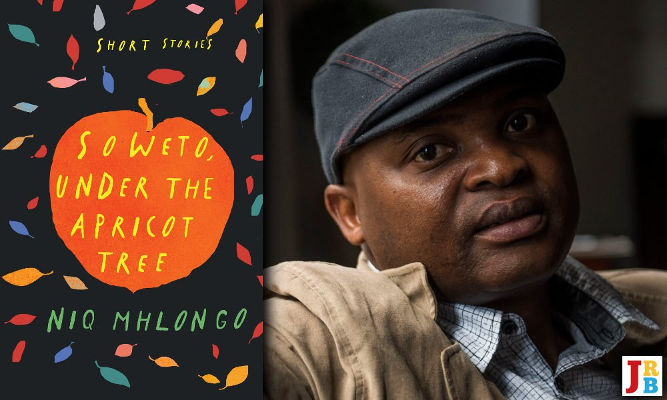Niq Mhlongo: The banning of Inxeba is illegal
More about the book!

Niq Mhlongo, author and City Editor of the Johannesburg Review of Books, has written a response to the recent effective banning of Inxeba: The Wound.
On 14 February 2018, the Film and Publications Appeal Tribunal altered the 16 age restriction of Inxeba, replacing it with a rating of X18 – the same rating given to hardcore pornography.
Mhlongo, who previously worked as chief classifier at the FBP, wrote a response on Litnet. Read an excerpt:
I felt saddened, infuriated and ashamed of this incorrect ruling by the appeal tribunal. There are a couple of reasons that made me feel that way. The most important one is that I worked as both classifier and chief classifier at the FPB for six years, from 2011–2017. During these years, I watched and classified more than a thousand porn films. Based on this knowledge that I’ve acquired over the years, I’m definitely sure that Inxeba (The wound) is certainly not a porn movie. Did they really watch the same Inxeba film that I watched on 3 February? Did they base their decision on hearsay? I started to ask myself these questions because, even when one watches a trailer with the implied sex scene, the film does not qualify to be pornography. Never! I mean, I know what porn looks like – it lacks artistic merit and dramatic value. Porn is about explicit sex from the first minute to the last minute, without dialogue or storyline. Is this what the appeal tribunal saw while watching Inxeba? Definitely not! I’m convinced there is a hidden agenda that even the FPB is failing to explain. Else, they would have given the overdue reasons for the banning by now. I know the FPB. I was there when the film Of good report was wrongly classified by the classification committee and we lost the appeal. I was there when Brett Murray’s “The spear” painting at the Goodman Gallery nearly divided the country into two. The FPB then bowed to public pressure and classified the painting without proper jurisdiction. I was part of the committee that classified the film Dis ek, Anna and gave it a higher rating which was later reduced by the appeal tribunal. I’ve attended several other appeals which FPB won or lost.
My six years’ experience at the organisation made me familiar with and knowledgeable about the legal and regulatory prescripts that govern the FPB as a regulatory authority. Its classifiers are mandated and have duty to be responsible, transparent, accountable and responsive in exercising to serve the public good and legitimate government purposes. The governance is mandated legislations, such as the Constitution, the Promotion of Administrative Justice Act (PAJA), the Films and Publications Act, as amended, and the Classification Guidelines, among others. The Classification Guidelines are the most important tool in the classification process. They are used to determine what is harmful or disturbing. After determining this, classifiers give a film or publication an appropriate age restriction. This must be consistent with the objectives of the FPB, which are to regulate the creation, production and distribution of films, games and certain publications, as well as online content.
Click on the link above for the full piece.
Categories Non-fiction South Africa
Tags Inxeba Litnet Niq Mhlongo
